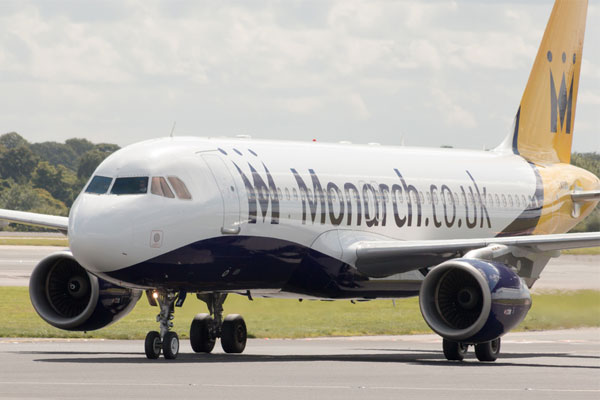The Department for Transport has recently admitted that essential travel reforms are postponed due to a constrained Parliamentary schedule.
This acknowledgment highlights the ongoing challenges posed by both political and industry factors, significantly affecting the travel sector’s regulatory environment.
Delay Due to Parliamentary Schedule
Reforms affecting the travel sector are delayed due to the limited Parliamentary schedule amidst a looming general election, as confirmed by the Department for Transport (DfT). Michael Stark, DfT’s deputy director for aviation, highlighted the challenge at a recent Abta Aviation Forum in London. He noted that the lack of time is a significant hurdle, impacting proposed changes in Atol reform, Package Travel Regulations, and air passenger rights.
Industry’s Lack of Consensus
Michael Stark pointed out another key factor delaying the reforms: a lack of consensus within the industry itself. Although there is agreement on the need to reform Regulation 261, this is where agreement ends. Stark emphasised that without industry compromise, maintaining the status quo remains the default position. This further complicates the path to implementing much-needed changes.
Complexity of Atol Reform
Stark addressed concerns about the perceived slow progress of Atol reform. He stressed that while there is a perception that Atol reform is not prioritised, it is indeed a complex issue that requires careful consideration. The ongoing Airline Insolvency Review includes Atol reform as a significant component. Stark affirmed the commitment to advance Atol reform as quickly as Parliamentary time permits.
Despite the challenges posed by the political timetable, Stark insisted that Atol reform remains a priority for the department. He assured attendees that the complexity of the issues necessitates a thorough approach, ensuring that the resulting policies will be effective and sustainable.
The Airline Insolvency Review aims to address broader issues within the industry, with Atol reform being a critical element. The complexity of the review process and the need for comprehensive solutions mean that hasty implementation is not feasible. Stark confirmed the department’s dedication to progressing the reforms thoughtfully and efficiently.
Future Outlook and Government Policy
Stark was straightforward in his response to inquiries about the timelines for these reforms, indicating the uncertainty linked to the political climate. He refrained from speculating on a general election date but acknowledged its potential influence on policy agendas of future governments. This ambiguity presents a challenge in providing a definitive schedule for the reforms.
He remarked on the readiness to move forward once Parliamentary time allows, reflecting an ongoing commitment to legislative progress. This sustained focus on travel reforms signifies the government’s determination to enhance regulatory frameworks when feasible.
Consultations and Legislative Efforts
The department is conducting consultations on several fronts, including CAA’s enforcement powers, delay compensation reforms, and new accessibility regulations. These discussions form part of a broader effort to refine air passenger rights under Regulation 261.
Stark reiterated the department’s intent to advance legislation as soon as capacity in Parliament allows, confirming a proactive stance towards refining regulatory frameworks.
The Role of Compromise
Addressing the industry’s role, Stark highlighted the necessity of compromise to achieve reform. He underscored that without industry buy-in, legislative efforts may stagnate, underscoring the importance of reaching a consensus.
Conclusion
The Department for Transport remains committed to progressing travel reforms despite the significant challenges of political constraints and industry consensus. As Parliament approaches a critical election period, these factors contribute to the current impasse, but the commitment to reforming regulatory frameworks in the travel industry remains steadfast.
The delays in implementing essential travel reforms underline the complex interplay between political schedules and industry consensus.
The Department for Transport continues to express its commitment to advancing these reforms, emphasising the need for a strategic and patient approach.

